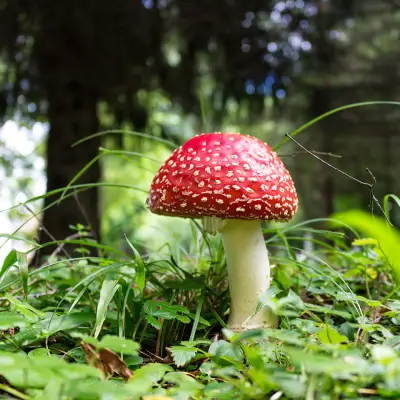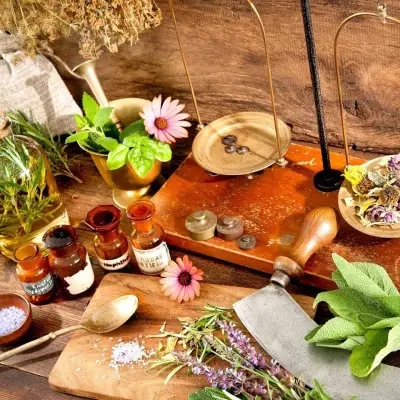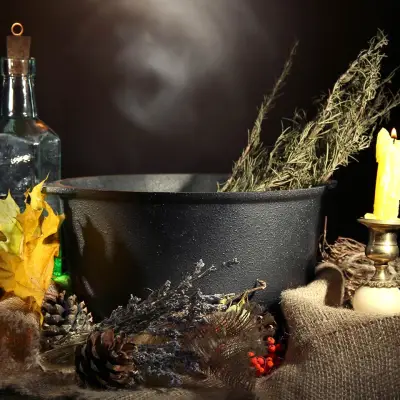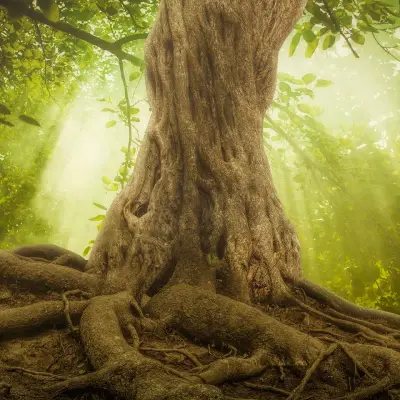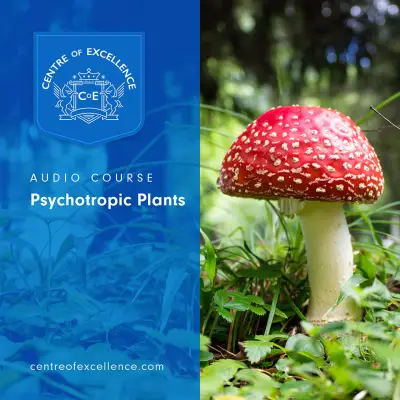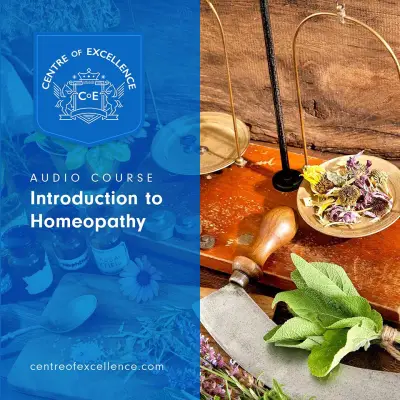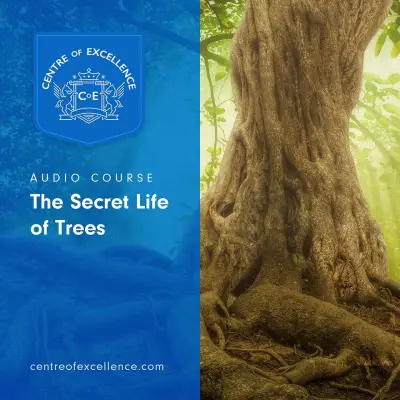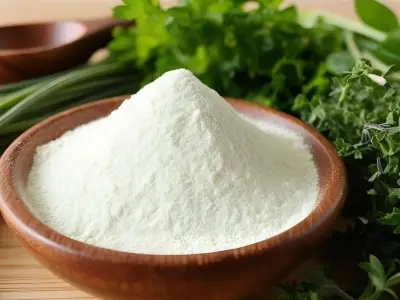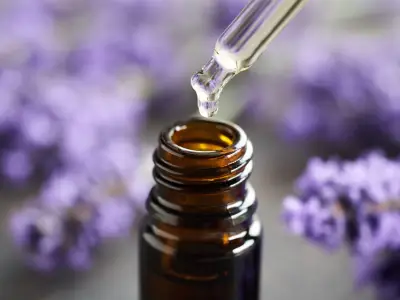Learning how to make herbal tinctures at home can be a wonderful way to take control of your wellness. Tinctures are simple and incredibly rewarding to make, and once you know the basics, you’ll be able to create your own tailored remedies from the comfort of your kitchen.
Whether you're curious about how to make tinctures for the first time, or looking to perfect your skills, this guide walks you through everything you need to know, including easy tincture recipes with herbs.
This article is for informational purposes only and is not a substitute for professional medical advice, diagnosis, or treatment. Always consult with your GP or a qualified healthcare professional before starting any new herbal remedies, especially if you are pregnant, breastfeeding, taking medication, or managing a health condition.
Jump to:
Recommended for you!
Best SellersWhat Are Herbal Tinctures?
Herbal tinctures are concentrated herbal extracts, usually made by soaking herbs in alcohol to draw out their beneficial properties. The resulting liquid captures the essence of the plant and preserves it for long-term use. It's one of the oldest and most trusted methods of preparing herbal medicines, valued for its potency, simplicity, and long shelf life.
Alcohol is often considered the best base for tinctures due to its effectiveness in preserving and extracting herbal compounds. However, for those wanting alcohol-free options, vegetable glycerin or apple cider vinegar provide excellent alternatives, depending on the herb and the intended use.
Choosing the Right Ingredients
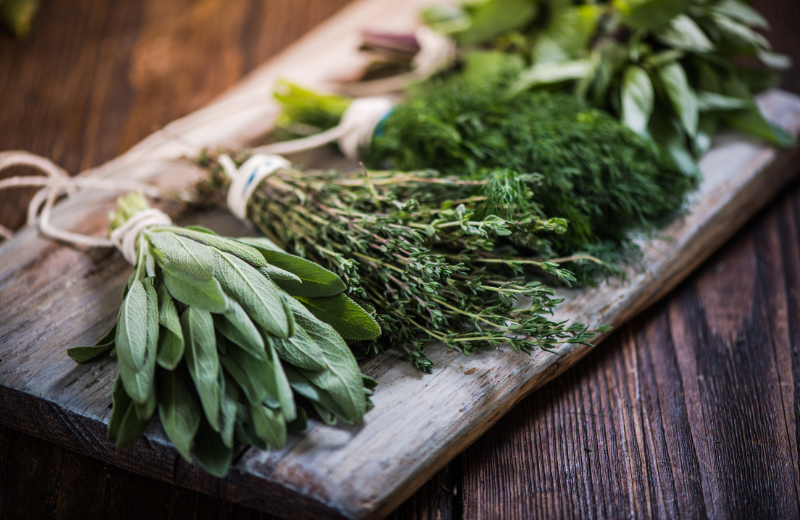
If you're wondering what you need to make herbal tinctures, you'll be pleased to know the list is short: high-proof alcohol like vodka, fresh or dried herbs, a clean glass jar, and a little patience.
What Is the Best Base for Tinctures?
Alcohol is often considered the best base for tinctures due to its effectiveness in preserving and extracting herbal compounds. However, for those wanting alcohol-free options, vegetable glycerin or apple cider vinegar provide excellent alternatives, depending on the herb and the intended use.
Vodka with an alcohol content of around 40–60% is the best alcohol to use for a herbal tincture because it’s widely available, neutral in flavour, and strong enough to extract a wide range of herbal compounds. Some prefer brandy or rum for a richer flavour, and even gin can be used to make a tincture, although its strong botanical taste might not suit every herb.
Alcohol isn’t the only option for tincture making. You can use vegetable glycerin to create alcohol-free tinctures, a popular choice for children or those avoiding alcohol. When choosing glycerin, look for food-grade vegetable glycerin for the best results.
Apple cider vinegar is another excellent alternative. It’s especially good for extracting minerals and has added health benefits.
Herbs: Fresh vs Dried
You can use either fresh or dried herbs when making tinctures. Fresh herbs offer a richer moisture content, but dried herbs are sometimes preferred for their consistency and longer storage life. If you are using fresh herbs, it's a good idea to let them wilt slightly for a few hours to reduce water content — this prevents potential spoilage.
If you're harvesting your own herbs, be sure to wash them thoroughly beforehand. Allow them to dry thoroughly before using, as moisture can affect the final product.
Oils and Infusions
Although oils are not technically tinctures (since they do not involve alcohol or vinegar), herbal oils are another method for extracting plant properties. High-quality oils like olive oil, sweet almond oil, and coconut oil are some of the best oils to use for infusions. Coconut oil, in particular, is valued for its stability and pleasant scent.
How to Make a Basic Herbal Tincture
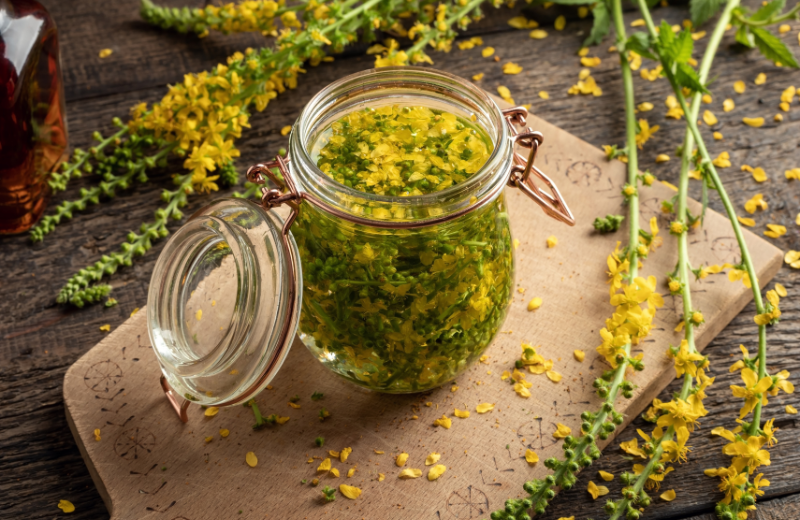
If you’re ready to start, here’s a simple method. You’ll need:
- Dried or fresh herbs
- High-proof alcohol (like 40% vodka) or one of the alcohol-free examples above
- A glass jar with a tight-fitting lid
- A dark glass dropper bottle for storage
Steps
- Fill the jar halfway with your chosen fresh herb, or one-third full if using dried herbs.
- Pour alcohol over the herbs until they are completely submerged.
- Seal the jar tightly and shake it gently.
- Store in a cool, dark place for 4–6 weeks, shaking it every few days.
- After the steeping period, strain the herbs through a muslin cloth or fine strainer.
- Bottle your tincture in dark glass containers, label it clearly, and store it away from direct light.
Quick Tincture Method
If you’re short on time, you might be wondering how to make a quick tincture. A quicker method involves blending herbs and alcohol together and allowing them to steep for 24–48 hours instead of several weeks. Though not as strong as the traditional method, it’s perfect for immediate needs.
7 Types of Herbal Tinctures and Simple Recipes
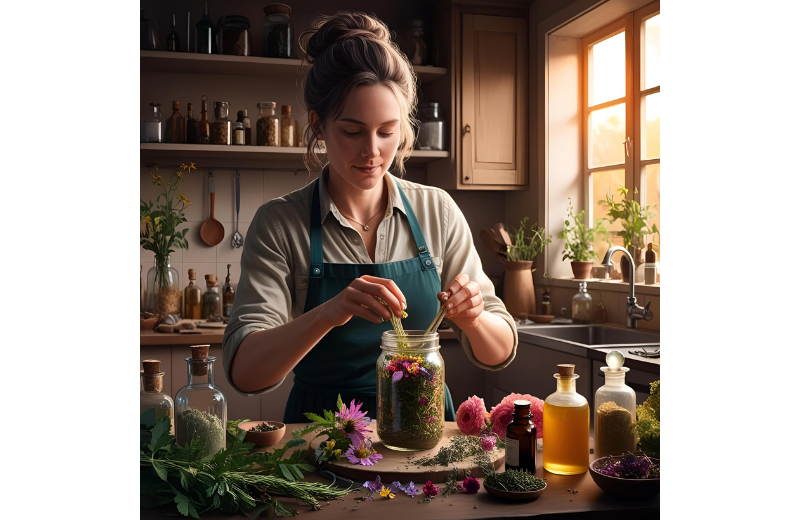
Here are seven popular tincture recipes to try:
1. Echinacea Tincture (Immune Support)
- Fresh or dried echinacea root
- 40% vodka
- Steep for 6 weeks
2. Valerian Root Tincture (Sleep Aid)
- Dried valerian root
- Brandy
- Steep for 4 weeks
3. Ashwagandha Tincture (Stress Support)
- Dried ashwagandha root
- Vodka or apple cider vinegar
- Steep for 4–6 weeks
4. Lemon Balm Tincture (Mood Booster)
- Fresh lemon balm leaves
- Vodka
- Steep for 4 weeks
5. Turmeric Tincture (Anti-inflammatory)
- Fresh turmeric root
- Vodka
- Steep for 6 weeks
6. Elderberry Tincture (Cold Prevention)
- Dried elderberries
- Vodka
- Steep for 6 weeks
7. Milk Thistle Tincture (Liver Support)
- Milk thistle seeds
- Vodka
- Steep for 4–6 weeks
Recommended for you!
Best SellersFrequently Asked Questions About Tincture Making
Is the alcohol in herbal tinctures bad for you?
In small doses, the alcohol in tinctures is generally safe for most people. Each dose typically contains less alcohol than a ripe banana, making it a low-risk option for the majority. However, if you prefer to avoid alcohol altogether, there are excellent alcohol-free tinctures available made with vegetable glycerin or apple cider vinegar.
Does alcohol burn off when making tincture?
The alcohol remains in the finished product unless it’s evaporated through specific processes, which are uncommon in basic tincture making. This retained alcohol helps preserve the tincture’s potency and gives it a much longer shelf life compared to water-based herbal extracts.
What are the disadvantages of tinctures?
Some people may be sensitive to alcohol, and the taste can sometimes be strong or bitter depending on the herb used. Additionally, tinctures may not be suitable for people with certain health conditions or those recovering from alcohol dependency.
How to tell if a tincture is bad?
Signs of spoilage include cloudiness, off smells, or visible mould, all of which mean the tincture should not be used. A well-prepared tincture should maintain a clear appearance and a clean, herbaceous scent throughout its shelf life.
How long do homemade herbal tinctures last?
When stored properly in a cool, dark place and in airtight containers, tinctures can last up to 5 years or even longer. Keeping them away from heat, light, and moisture will ensure they stay effective and safe to use.
Are tinctures bad for your liver?
Taken in moderation, tinctures are not harmful to the liver for most healthy people. However, if you have pre-existing liver conditions or concerns, it’s always wise to consult a healthcare professional before using alcohol-based remedies.
Why take tinctures on an empty stomach?
Some herbalists suggest that taking tinctures on an empty stomach allows quicker absorption into the bloodstream, which may enhance their effectiveness. However, others may find taking tinctures with food more comfortable if they are sensitive to strong herbal flavours or alcohol.
What is the most popular tincture?
Echinacea tincture is among the most widely used, especially for its immune-boosting properties during cold and flu season. It is often one of the first tinctures that beginners try due to its popularity and wide availability.
Study Our Master Herbalism Diploma for £29
Tincture making connects you deeply to the plants and their time-honoured wisdom. Whether you're a beginner or looking to expand your knowledge, Centre of Excellence offers a comprehensive Master Herbalist Diploma Course, designed for people of all levels.
The course covers everything from herb identification and preparation to building herbal blends for specific emotional and physical needs. Follow the link to access the course for just £29!

